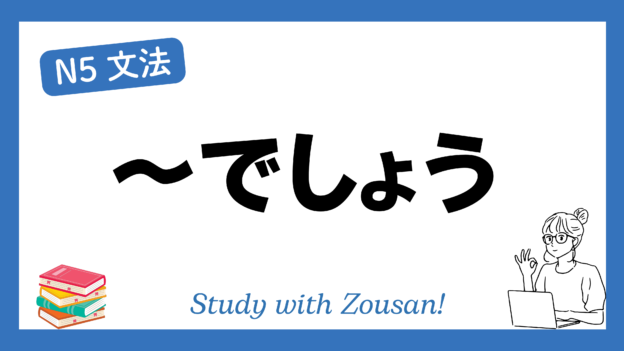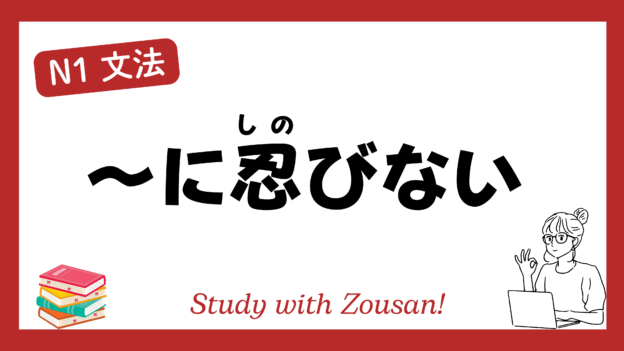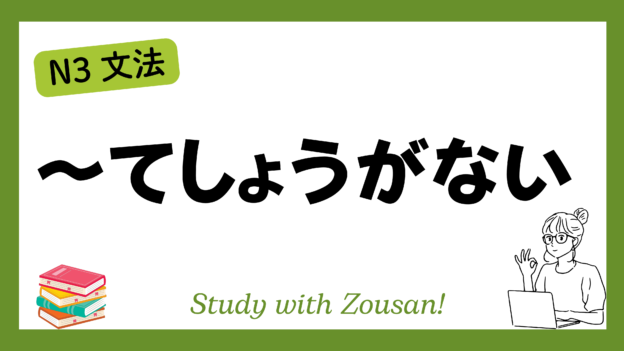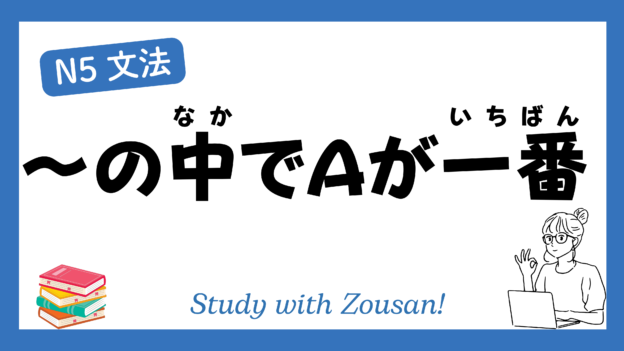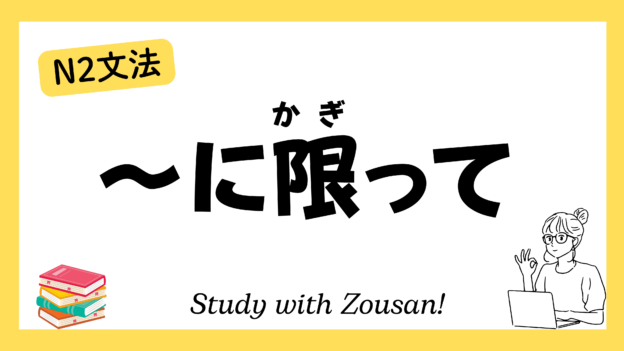N5文法:~でしょう
Meaning: “Probably…”, “It seems…”
This structure is used to express the speaker’s guess or uncertainty about a situation or event. It indicates a degree of uncertainty and is often used to politely offer an opinion or make a prediction.
※Note: “でしょう” can be used in both formal and informal contexts. In casual speech, it is often shortened to “でしょ.”
Structure:
| Verb (dictionary form) | + でしょう |
| Noun | |
| な-adjective | |
| い-adjective |
Example:
-
-
-
🌟 明日は雨が降るでしょう。
(あした は あめ が ふる でしょう)
It will probably rain tomorrow. -
🌟 彼はもう帰ったでしょう。
(かれ は もう かえった でしょう)
He has probably already gone home. -
🌟 この映画は面白いでしょう。
(この えいが は おもしろい でしょう)
This movie is probably interesting. -
🌟 彼女はもう来ているでしょう。
(かのじょ は もう きて いる でしょう)
She has probably already arrived. -
🌟 今日は寒いでしょう。
(きょう は さむい でしょう)
It will probably be cold today. -
🌟 この問題は難しいでしょう。
(この もんだい は むずかしい でしょう)
This problem is probably difficult. -
🌟 明日は学校に行かないでしょう。
(あした は がっこう に いかない でしょう)
I probably won’t go to school tomorrow. -
🌟 彼は忙しいでしょう。
(かれ は いそがしい でしょう)
He is probably busy. -
🌟 日本に行くのは楽しいでしょう。
(にほん に いく の は たのしい でしょう)
It will probably be fun to go to Japan. -
🌟 来年はもっとよくなるでしょう。
(らいねん は もっと よく なる でしょう)
Next year will probably be better.
-
-



